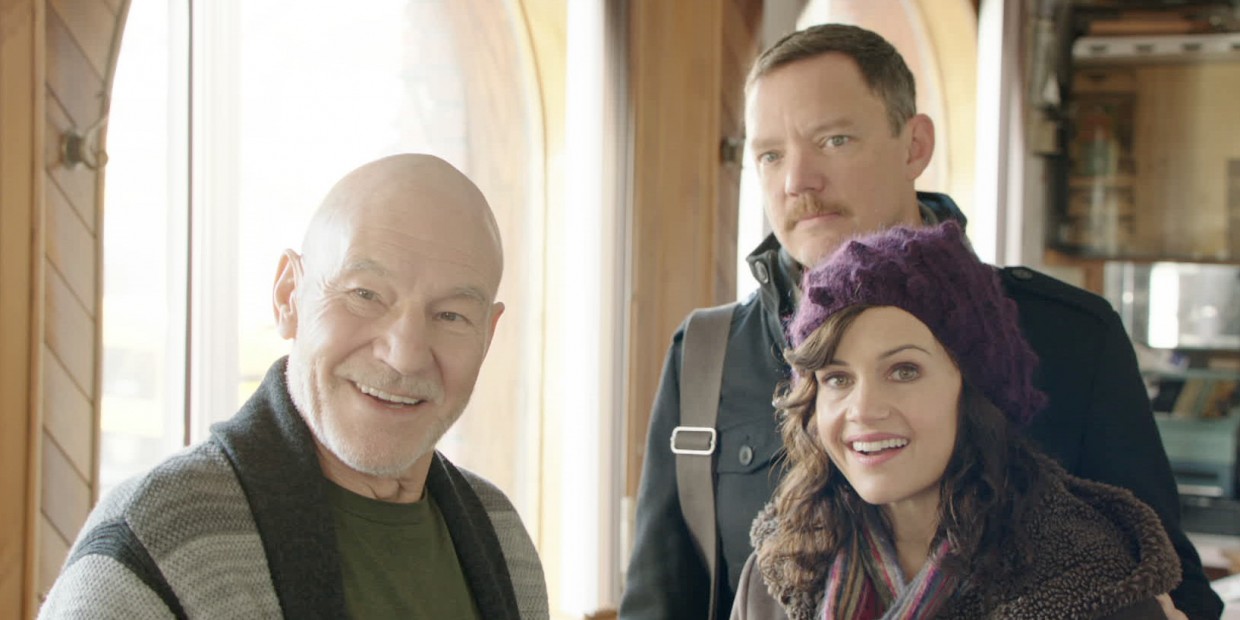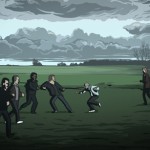By Francesco Cerniglia
It’s a shame that Match, one of the highlights at last spring’s BFI Flare, London LGBT Film Festival, has received only a home entertainment release here in the UK where it’s finally available on DVD and VOD. Adapted by writer/director Stephen Belber from his own play of the same name, this is one of those films that takes you by surprise not just for the twists at the core of its otherwise simple plot but most importantly for the emotional punches it doesn’t spare as the truth starts to unravel.
This three character piece not only is an inevitable showcase for the multiple talents of the legendary Sir Patrick Stewart (Star Trek, X-Men) but also an opportunity to re-discover or simply appreciate Carla Gugino (Watchmen, Sin City) and Matthew Lillard (The Descendants, Scooby Doo), two of the finest yet underrated American actors working today, bringing their A game.
It’d be easy to spoil the plot of Match, whose title metaphorically plays around with the concept at the centre of the story. Although the sort of twist is revealed fairly early, propelling the bulk of the story, the less you know about it, the more enjoyable and compelling the viewing experience will be.
The basic synopsis follows Tobi (Stewart), an old dance professor at Julliard who agrees to be interviewed by a woman, Lisa (Gugino), for her dissertation in the history of dance in 1960s New York. Lisa shows up with her husband Mike (Lillard), a cop who seems to have as much interest in the interviewee as his wife. The deeper the interview goes, the more it becomes clear the couple has a hidden agenda which will unearth Tobi’s long lost secrets but also expose Lisa and Mike’s marital problems.
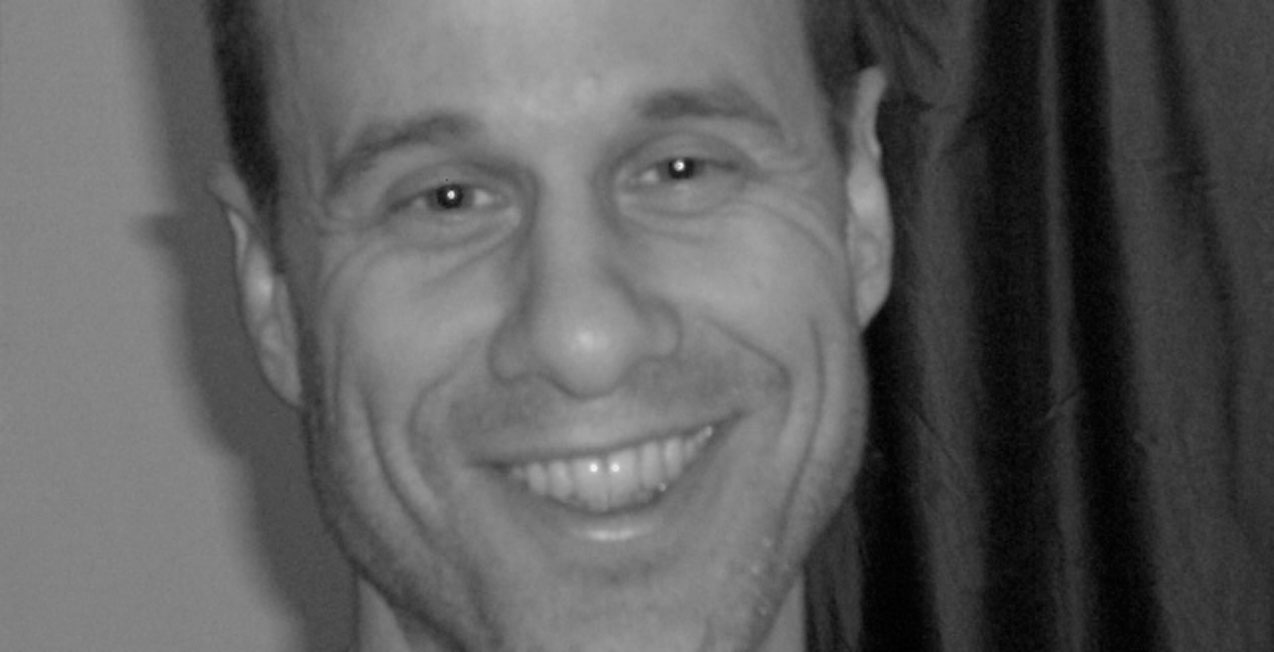
The trio of actors does an outstanding job, giving Belber’s words nuance and depth. Sir Patrick Stewart is Oscar-worthy with his delicate transition from charming flamboyant dance teacher to emotionally wounded, solitary man, mastering the ever-changing frequencies his character’s psyche requires. But both Gugino and Lillard aren’t any less impressive, building up dramatic tension and being extremely well measured yet gut-wrenching in the climactic moments.
We managed to chat with playwright-turned-filmmaker Stephen Belber about these elements and more. Despite the stage origin of the material being evident from the limited and mostly interior locations and the profuse dialogue-based scenes, Belber makes the most of the confined space as in the end this is an intimate relationship story where the characters’ dynamics polarize the audience’s attention.
You’ve mentioned how this peculiar man you once met and the anecdotes he told you about his life inspired you when crafting Patrick’s character. Without spoiling anything, did the main twist about the character also come from him or maybe your personal experience or did you just make it up for the film?
I did make that part up though it turned out that he might’ve experienced the same thing in his life. I met him again years later and he told me that and, since he knew about the play, he thought it was funny how I’d come up with something which might actually be true about his own life. The real inspiration for that story element actually came from my cousin and her life experience that led me to interview other people who had gone through the same, obviously under different circumstances. What I found fascinating about it was how you either bring that into your life or choose not to. I liked the dramatic tension that is available in that dynamic and then I just knew I had this great character. Plus I’m a guy who has two kids now but was scared to have children because as an artist you wonder what the balance is going to be between family and career. I mean, everyone has those doubts in the end but for me it was extra-traumatic to ponder what is the price of devotion and commitment to our work versus the selflessness that comes with having kids, although to be honest having kids is somewhat selfish too cause you’re reprinting yourself. So all those issues were in my mind and then I had this great character to imbue with those constant dilemmas.
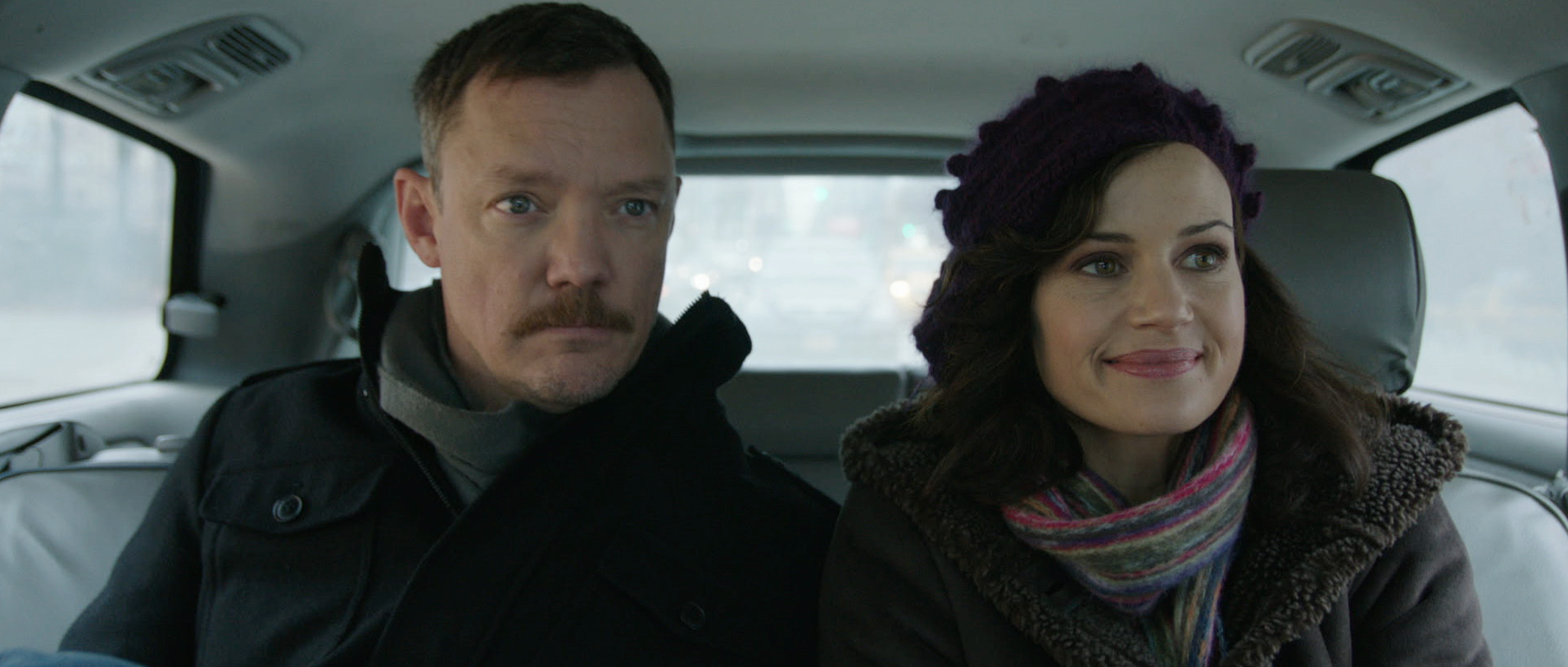
I love how, despite the focus on Patrick’s character, you managed to add an interesting and layered dynamic between the characters played by Matthew Lillard and Carla Gugino who, by the way, are both amazing and need more credit for their work. Their marital problems come to the surface also because of what’s going on between them and Patrick’s character. Was that your plan from the start or did it come later in the writing?
Yeah I was so in love with Patrick’s character that it took me a while to focus on their relationship as well. It’s funny because when we first debuted on Broadway there was a lot of pressure and we’d hired an actress who had been in film but never on stage and we ended up firing her. At the last minute we had to find someone else and we brought in Jane Adams, who’s a wonderful American actress with lots of TV work and who’s very funny, quirky and unique and it made the character very different than what you saw in the film portrayed by Carla Gugino. No matter how Jane was in the play, I wanted her character’s relationship with the husband to be more balanced. I saw the play later in France and in Israel and in those versions the female actors were the best on stage as they were a force of nature. That made me realize how this is truly a three persons play and the female character needs to be strong in order to bring these two men together. When I cast Carla for the film I made sure to talk to her extensively about her character’s backstory with the husband. I even wrote some extra pages I ended up cutting but that were useful to go deeper into their relationship and I think it shows in their interplay on screen.
Your casting choices were spot on and I was really impressed by Matthew Lillard exploring new territories. He already showed dramatic potential in his small role in The Descendants but here he truly shines. Yet I’m wondering if his funny personality ever took over during the shoot.
Matthew was awesome though I didn’t know his work very well when we first considered him. He had directed a film for one of Match‘s producers who asked me to meet with him and frankly I immediately knew he was the kind of person I wanted to work with. He’s funny and weird but can switch to his serious side promptly and he’s got a huge heart and such a thoughtful side plus he’s a bit of a theatre geek. He was so gracious and he knew he was in new territory and just brought his best game. I’ve become good friends with him and would like to work him more now, also in theatre. On set he was just incredible because, you know, it was a cheap shoot and you have someone of the caliber of Sir Patrick Stewart there so Matthew was such a funny fucker. He would always make sure Patrick was fine and bring him a jacket if it was too cold or for instance bring him lunch and kneel before him playing on the whole “Sir Patrick” thing and he would just make Patrick crack up whenever he was grumpy. He’s shown up at a lot of the festivals where the film has screened and he’s been so funny at the Q&As so yeah I couldn’t love him more.
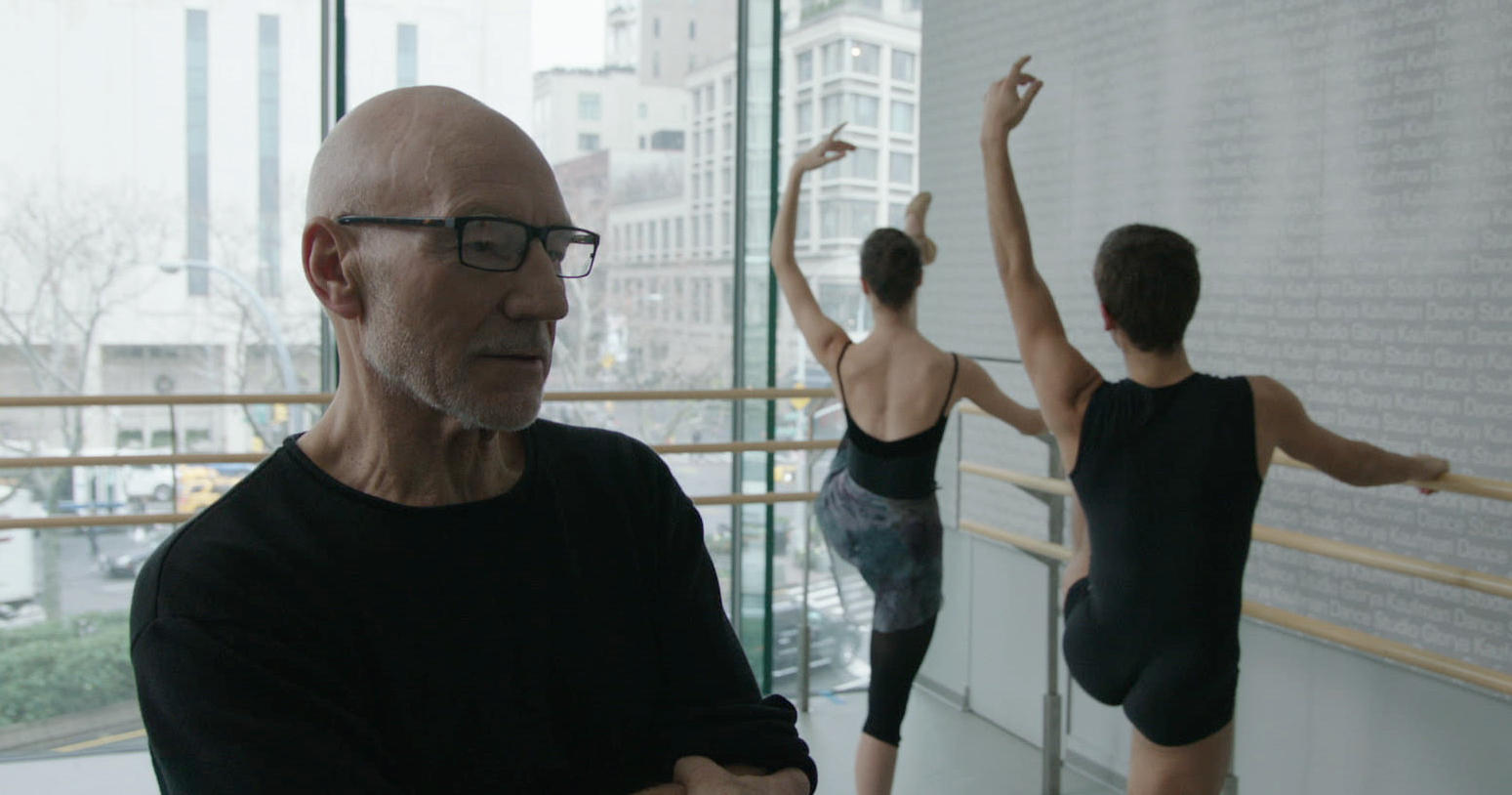
You did a great job balancing the comedic and dramatic elements in the story and that’s a testament to your writing and directing and of course the performances. How did you manage that? What was the hardest part about it?
I think it’s something I didn’t fully find in the play cause it was a much broader comedy and the jokes were bigger. Film doesn’t allow that unless it’s a slapstick comedy. The actors provided a lot of the balance, feeling when there was a moment where a joke was necessary or not. Patrick especially, noted how a guy like that is going to tenderly resort to humour at the toughest times because that’s who he is and how he deals with the world and the way he’s managed to charm his way through life and its trickiness. In a scene like the one where Patrick’s character refers to cunnilingus, he’s doing that to provide solace to Carla’s character but it’s tricky cause if you make that too glib it will turn off her character and the audience so you have to act it out, knowing it’s funny but not making a joke out of it.
The film is rather contained location-wise and I guess not just for the cheap budget but also because it’s adapted from a play. Were there any particular challenges from a directorial standpoint, especially in transitioning from stage to screen?
Well, knowing I had a half an hour scene in one room, at first I was confident in some respect because this is where all the tension is. We all know something’s going on, though we don’t know exactly what and even if we do guess what it is, the dramatic way Patrick reacts to it is powerful. I believe claustrophobia is a good dramatic tool and a visual one as well. There’s something powerful about the fact there’s nowhere to go and Matthew’s character is not letting Patrick’s character leave. But then I realized how the scene was going on and on and I needed to find a way to keep it interesting. That’s why I chose to bring the camera in so that we watch what’s happening underneath Patrick’s expression and he has beautiful eyes by the way. Then I went to a hand-held camera when it got tense and you know, my initial cut was actually crazy hand-held but then the producers said it was too much. So I had to find a balance going from a very quiet, prosaic thing where Patrick’s character is in a still frame with maybe a slightly drifting camera all the way into a frenetic quick cut Paul Greengrass type of moment.
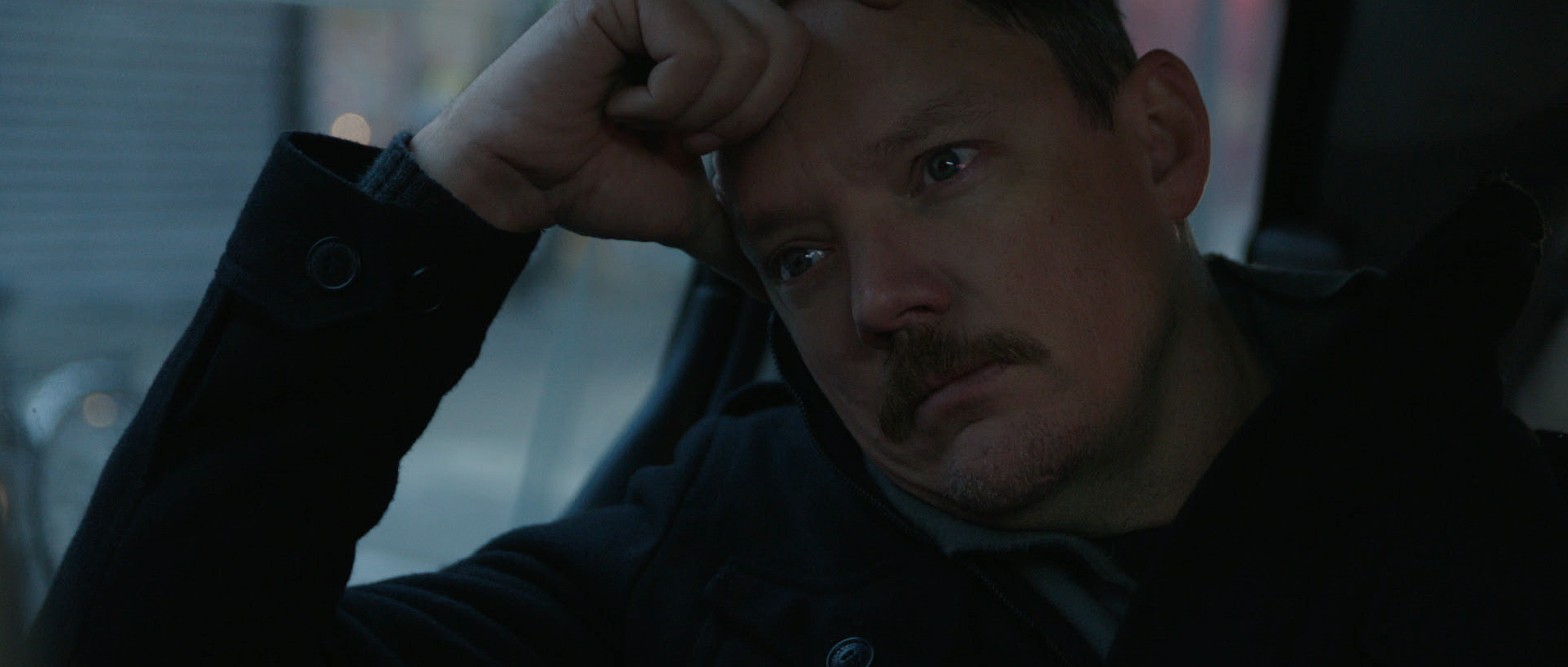
Your film has the great merit of dealing with an LGBTQ character and making it feel like just a character. Do you think we’re still far from seeing that kind of organic integration in films that can appeal to mainstream audiences?
I don’t have an answer to that but it’s a good question. I’m a straight man but I think I always try to write beyond myself and I fall in love with human beings who are interesting and dramatic. Sometimes I think that gay filmmakers need to understand that they don’t need to make it all about that. And yet of course there’s still so much homophobia in America and In Europe that will push lots of artists to make that choice. But as more and more gay characters come into mainstream films and not just as the funny sidekicks but as gentlemanly wholesome, incredible, beautiful characters, I do hope that more gay filmmakers are able to sort of say “I don’t need to worry about whether this is an advocacy piece or propaganda”. Not that they necessarily do but I think that there’s an audience out there willing to embrace their stories and in fact, so far, lots of people who have seen the film at festivals and fell in love with Patrick’s character were actually straight.
You’ve mentioned how you changed the ending of the film in relation to answering the central question that we won’t spoil. The play left things more ambiguous whilst the film clearly reveals the truth, although I feel it still remains ambiguous as to whether or not these characters will meet again. The final image anyway leads back to Patrick’s character being the focus of the story and those visuals are a nice conclusion to his arc. Can you elaborate on that a little bit?
Originally I wanted to end the movie just when they drive away the car and you’re tight on Patrick and we don’t know what he’s going to do. Then we added the phone call and actually, that final scene on the roof where he has that sort of moment of liberation was a reshoot. That’s probably even more Hollywood than I was planning to do. I wanted a sense of the fact this incredibly seismic event just happened to him and now what? It’s not going to be easy and the relationship between him and the couple may or may not go to fruition. I didn’t want the ending to be cute. I think Patrick Stewart shows an incredible range of humanity within the performance. It’s about complicated human relationships and very dysfunctional and fucked up people trying to be better. It’s a rather simple plot but it’s got complicated emotions and it’s almost a little bit of an emotional thriller in that sense
Are you planning to keep crossing over from theatre to film?
Absolutely. I do a lot of writing for hire for film but in most of them I don’t get mentioned. I’ve worked on Dallas Buyers Club for a year but they went back to the original draft after that and there were four writers involved. But I want to continue directing films as well. I have a script and I’m looking for financing and then another one I’m planning to write.
Discuss Match at FilmDoo.com.

